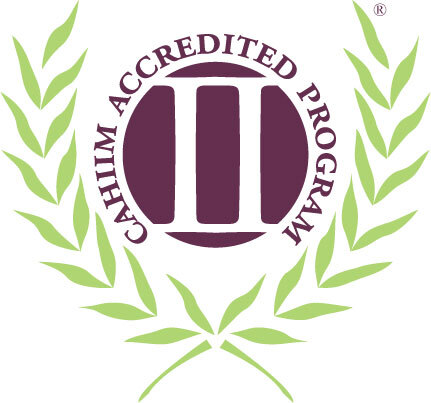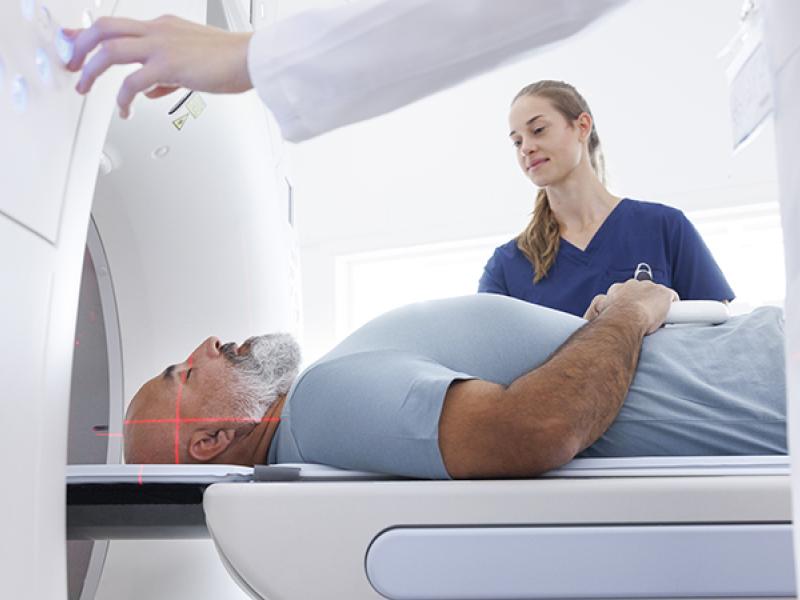
Managing the complex information technology infrastructure of a health care organization presents one of the most difficult assignments in American society today. Increasingly, the effectiveness of leaders in these organizations is determined by their ability to integrate technical, clinical, and managerial competencies. The CAHIIM accredited Executive Health Informatics master of science degree (MS) program addresses the growing demand for health informatics leaders with high-quality technical and management training.
See the program’s vision and mission statements
Vision: To be a leader in creating a world where biomedical informatics and information use transforms health in a challenging and changing health care arena.
Mission: To educate future leaders to transform health through the advanced application(s) of biomedical and health informatics and information technology. This mission is fulfilled through graduate education focused on the creation and dissemination of informatics knowledge, skills, and strategies augmented by medical and other healthcare perspectives.
The executive health informatics program is designed for self-motivated professionals working in the healthcare and information technology fields, providing them an increased understanding of the transforming potential and complexity of advanced information technology applied to healthcare organizations. The curriculum provides an applied orientation, drawing on the best evidence, to develop an in-depth understanding of how health organizations and systems are structured and function and how information technology can be applied to improve the integration, quality and safety of clinical services as well as the efficiency and overall business function. Graduates will be prepared to design, develop, implement and evaluate information technologies to improve systems at operational as well as the enterprise levels.
Candidates for the program include physicians, nurses, other clinical professionals, and information technology managers of health care organizations with at least three years of technical, clinical, or administrative experience. Our graduates lead organizations in the application of information technology to improve the delivery of health care. Career paths include CIO, systems developer, software designer, consultant, and many more.
Program Highlights
Course work combines classes in computer science, health and biomedical informatics, and other health related disciplines. The program's innovative curriculum and nontraditional format combine a few on-campus weekend sessions per year with online course work and independent study to form a comprehensive educational experience. This format enables working professionals to maintain full-time employment while completing the two-year course of study.
The Executive Health Informatics Program is designed to take full advantage of the broad knowledge and expertise of students. Each student is an experienced professional recognized as an expert in their area. Students actively teach each other and create new knowledge as they interact, keeping the curriculum up-to-date and on the cusp of real issues facing today's health care organizations. This cohesive group of learners becomes a personal network that serves as an invaluable resource far beyond graduation.
The Distance-Learning Edge
In addition to on-campus sessions, students participate in substantial online learning activities. The integration of information technology into the curriculum has a twofold purpose, allowing students to participate in the program at any time, as well as preparing them to respond to technological changes in the health care industry. Students develop an understanding of technology that is essential to success. The availability of individual instruction permits even novice computer users to participate fully as they learn the finer points of technology at their own pace.







